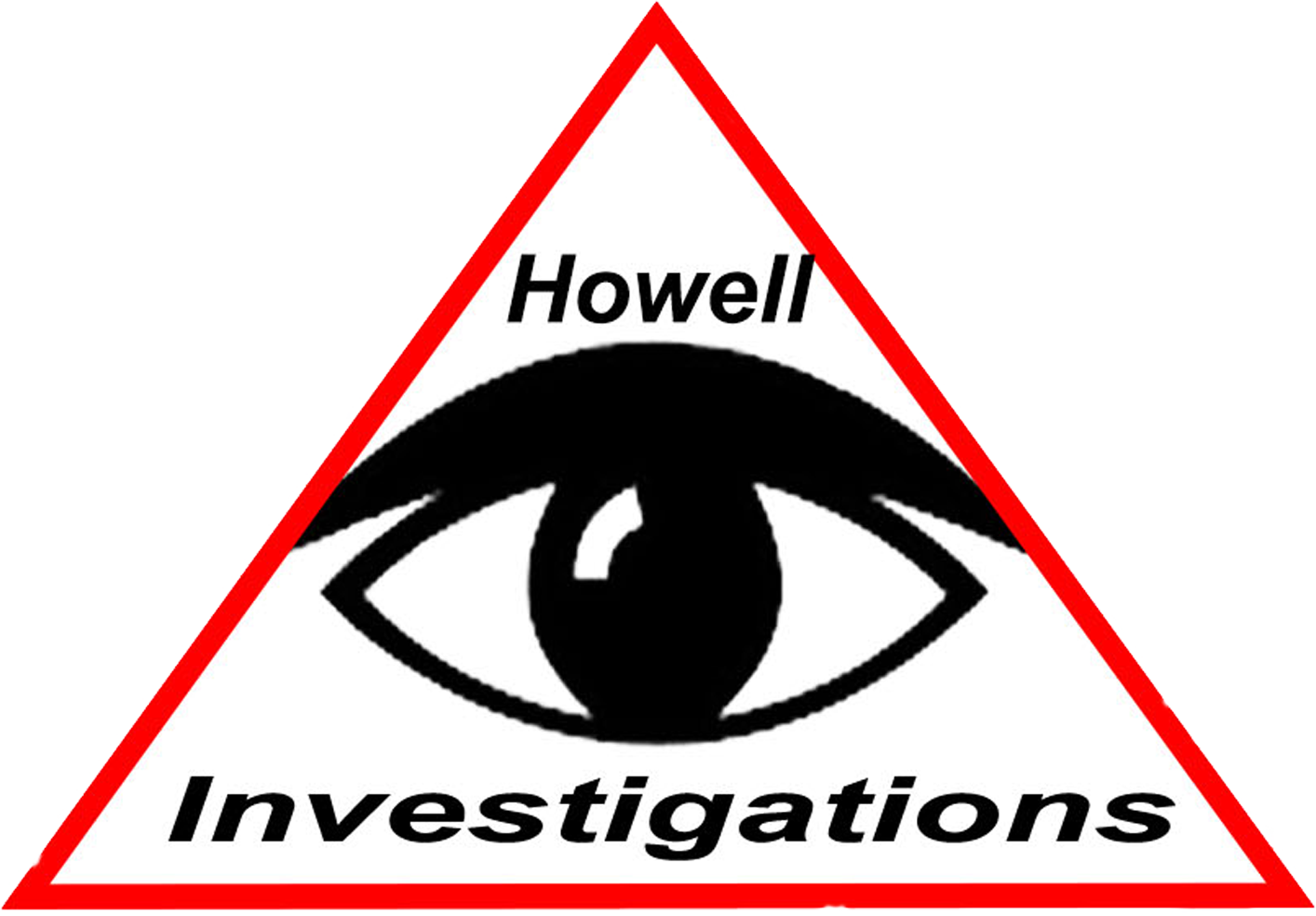The most common questions you might have for a Private Investigator.
What is a private investigator?
A private investigator — also known as a PI, private detective or private eye — is someone who is hired to undertake an investigation. Investigators often have a law enforcement, private training and/or a military background.
What does pre-screened mean?
When you work with a private investigator you can rest easy knowing that the service is backed by the Lawgical Promise.

The Lawgical Promise tells you that we have pre-screened and vetted the private investigators to verify experience and qualifications. We aim to provide you with the consistently smooth and efficient investigative services you deserve.
What should I do before hiring an investigator?
Even though the investigators listed on PInow.com are pre-screened, it is important you perform your due diligence before hiring a company. You should do the following: ask for and check references, obtain their license number and check with the state licensing board to make sure they are current and have no complaints. It may also be a good idea to check for complaints with the local Better Business Bureau.
Do private investigators have to be licensed?
In the state of Washington, a private investigator must be licensed.
How do private investigators charge?
In the majority of cases, private investigators will charge an hourly rate. Hourly rates can vary. Nearly all investigators will ask for a retainer fee before taking a case. It is unlikely you will find an investigator willing to do just one or two hours of investigative work.
How should I contact an investigator?
You can contact Howell Investigations by email, phone or text. When contacting an investigator, if discretion is important, you should make sure that you are not using an email or a phone number that you share with others. Additionally, if you are emailing or leaving a voice-mail you should give explicit instructions as to when you would like your message returned.
What types of things are professional private investigators not allowed to do?
PIs have access to information the general public cannot obtain, and they must obey the same basic laws as ordinary citizens. What they can't do; pose as law enforcement officers, wiretapping or obtain cell phone records via pre-texting.
What types of services do professional private investigators provide?
A large majority of detective work is spent in the field conducting interviews or doing surveillance. Many investigators do computer searches, background checks and make phone calls to gather data. Investigators are often asked to provide detailed reports on their findings and testify in court on behalf of their clients. If you are looking for someone or something, chances are a private investigator can help you. Howell Investigations offers many investigations services.
See more services...
I have already been to the police can I still use a private investigator?
Yes, in a lot of cases a private investigator will work in conjunction with the police and conduct their own detailed interviews and evidence collection. Private investigators have the advantage of working on one case at a time and can apply the focus and dedication needed to effectively solve cases that are still being worked on by the police. As an experienced investigator, I will also know when to “back off” as to not interfere with the investigation, knowing how to effectively keep the pressure on the police without crossing the line.
How do I know an investigator is working on my case?
We will make every effort to obtain video documentation on the necessary cases. Most of the time investigators will call and report or send a report via email. Clients receive a final report when the case is completed. When it is mostly surveillance, it is recorded evidence although in some cases it may be the eyewitness testimony that will hold up in court which is known as an expert witness.
Can a private investigator enter private property without an owners consent?
Yes and No. A private investigator does not have police powers but they are allowed onto property just as any other citizen would be without the need for a warrant. An investigator always faces the risk of being charged with trespassing if clearly posted signs and common sense are not followed. But an experienced investigator can typically use a well thought out pre-text to give a plausible reason to enter a property and obtain the information needed and then exit without being discovered or breaking the law. In most cases, an investigator will not go onto private property unless it is crucial to the outcome of the investigation as it heightens the chance of being discovered.
Do Private Investigators have access to government records?
Investigators have access to a wide array of public and private databases. Some of these databases are tied to government information including motor vehicle information, property records, etc. These databases are just one of the many tools that a private investigator has available to assist them in completing investigations.
Directory Listings
